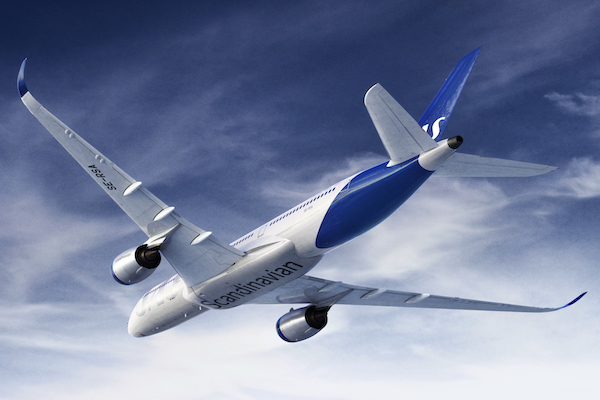SAS has announced the resumption of its services following an agreement reached with Norwegian unions, ending a four-day cabin crew strike. The disruption affected a limited number of flights primarily in Norway.
SAS has successfully negotiated with two Norwegian cabin crew unions, concluding discussions that led to an agreement on new collective bargaining arrangements. This development occurred after cabin crew members initiated a strike due to the breakdown of pay talks that lasted for two days.
The strike resulted in a “limited number” of flights being affected, with the majority of disruptions occurring in Norway. SAS had projected that operations would return to normal throughout the day, with expectations for complete restoration by the next day.
Habjorg further commented on the commitment to fly customers to their destinations, underlining the airline’s focus on finalising its restructuring efforts to emerge as a profitable entity. The apology issued to customers affected by the strike reflects a commitment to service excellence.
This agreement with the cabin crew unions is a pivotal step in ensuring stability within the company’s operations. It signals a forward-looking approach that prioritises strategic growth and operational efficiency.
Historically, SAS has faced various operational hurdles, and the recent strike underscores the complexities involved in labour negotiations within the airline industry. The successful resolution marks a positive step forward for SAS.
SAS’s commitment to mitigating the impact of such disruptions is reflected in their prompt response and strategic planning. The restoration of normal services is a testament to their effective crisis management strategies.
Maintaining strong labour relations is critical for SAS’s future. The company’s ability to swiftly negotiate and resolve disputes will influence its trajectory and stability in the airline sector.
The resolution of the strike and the resumption of services position SAS to focus on its restructuring and growth objectives. This example of efficient crisis management supports its commitment to delivering high-quality travel experiences.

